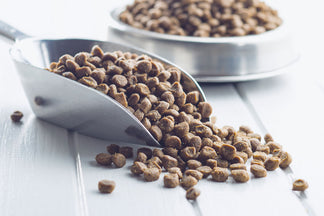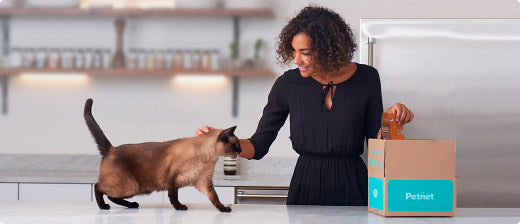We now move to the letter “P” in our ingredient A to Z series and are featuring Pantothenic Acid as our ingredient of the day.
What is Pantothenic Acid?
Pantothenic Acid is a water-soluble vitamin and, for many animals, an essential nutrient. Animals require Pantothenic Acid to synthesize and metabolize proteins, carbohydrates, and fats.
Common names for Pantothenic Acid
The most common name variations include Vitamin B-5 and Pantothenate and Calcium pantothenate.
Why is Pantothenic Acid included in pet food?
Pantothenic Acid assists in vitamin metabolism and helps in the conversation of fats, proteins, and carbohydrates into energy for the body.
Common benefits of Pantothenic Acid
Benefits: Pantothenic Acid helps the body metabolize macro nutrients. It also can enhance stamina, and is involved in the production of neurotransmitters.
Pantothenic Acid may help prevent and treat depression and anxiety and is useful for normal function of the intestinal tract.
Pantothenic Acid deficiency causes fatigue, nausea, and can cause headaches in people.
Miscellaneous facts about Pantothenic Acid
- Sources of Pantothenic Acid include beef, brewer’s yeast, eggs, vegetables, organ meats (especially liver and heart), rice and wheat bran, mushroom, saltwater fish, and whole wheat.
- Pantothenic Acid, vitamin B5, is known as the anti-stress vitamin since it is involved in the production of adrenal hormones and antibodies produced by the body’s white blood cells.
Sources and further reading
http://totalhealthmagazine.com/features/pet-health/vitamin-b5-for-pet-health.html



 Food
Food
 Food
Food
 Food
Food
